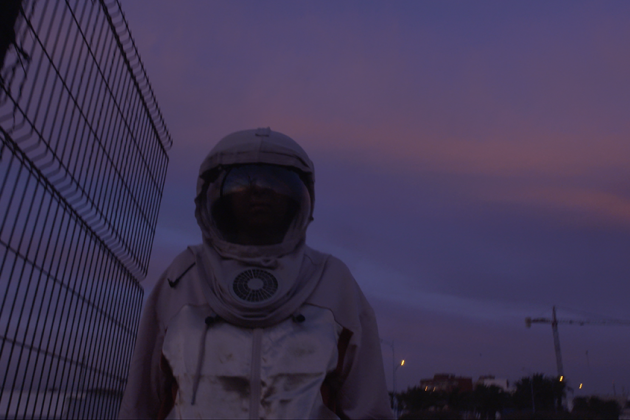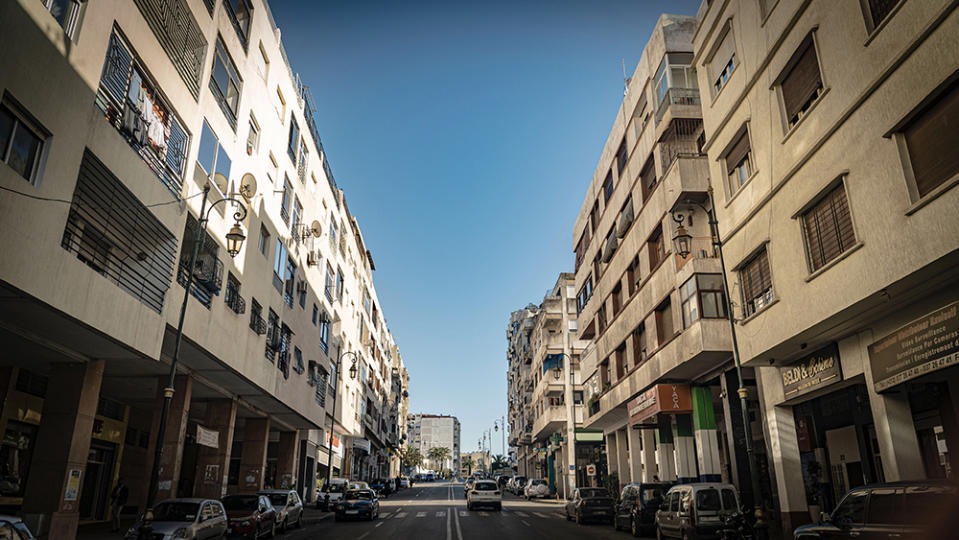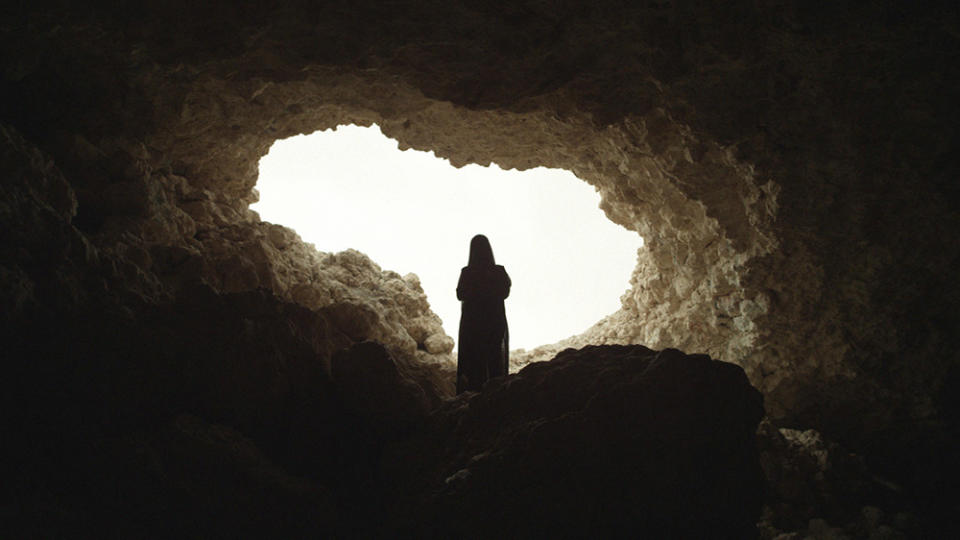‘Deserts,’ from ‘Death for Sale’ Helmer Faouzi Bensaïdi, Leads Morocco’s Presence at Atlas Workshops
- Oops!Something went wrong.Please try again later.
- Oops!Something went wrong.Please try again later.

MARRAKECH — One Moroccan highlight at this year’s Atlas Workshops has been given a special berth, as its director merits: “Deserts” from actor-helmer Faouzi Bensaidi whose films have played Berlin (“Death for Sale,” 2011) and Venice (“Volubilis,” 2017).
A modern take on the Western, “It will be an abstract Western, but not a Spaghetti Western. It will be more existential. Man against himself, against God and against nature and coming to terms with his own interior violence,” he told Variety when he film was still a project, closing co-production. .
More from Variety
'The Mauritanian's' Tahar Rahim Talks Ridley Scott's 'Napoleon' and the Paris Banlieue of His Youth
102 Distribution Boards Jordanian Indie Music Doc 'Independent Scene' (EXCLUSIVE)
Those deals are now in place with France’s Barney Productions, NiKo in Germany, Entre Chien et Loup in Belgium accompanying Mont Fleuri in Morocco. The production is locked and aiming to premiere next year.
Meanwhile, five other Moroccan titles, this time in development are hoping to get to this stage of completion with the help of the Workshops. These projects are presented in the Atlas Close-Ups section.
“One of our duties is to support more Moroccan producers and directors to do more worldwide,” said Thibaut Bracq, head of the Atlas Workshops. “One of the priorities is having a local industry growing with the workshops, filmmakers getting interested in coproduction and not just doing the films with local money. We we are supporting them in building the co production strategy,” he added. A drill-down on the projects:
“Ali,” (K Films, Morocco)
Set up at Khadija Alami’s K Films, one of Morocco’s biggest service and production companies, the debut feature from Moroccan multi-hyphenate Younes Bouab (“The Messiah,” “Desert Warrior”) homes in on the power of the individual to protest and fight corruption. In this film, people from different backgrounds come together to fight darkness in the world around them. Says Hajar Belkasmi, a production manager at K Films: “We see this workshop as a chance to discuss and pitch the project, to get to meet a good network and get relevant reviews.”

“Don’t Let the Sun Go Up on Me,” (Insight Films, Morocco-Qatar)
In her third film, the award-winning director Asmae El Moudir (“The Postcard,” “Thank God It’s Friday”) tells a story about photography, videocams and family history, created after a chance encounter she had in real life with a 70-year-old man trying to recover his video images shot over a period of twenty years. “I always start my projects from a photo. This film takes place in Morocco too and starts from a simple profile photo from a real-life encounter. I discovered later in these archive images that Habib wrote with his hitachi camera the life of his daughter Fatima Zahra who became a child of the moon,” says Moinir. “I went to meet this girl and so the link was built with her and many children of the moon. The children of the moon are the people who can never meet the sun. It is a genetic disease.”
“L’Apocalypse Arabe,” (Mabel Films, Morocco-France)
In his debut feature, French-Moroccan director Samy Sidali (“Jmar,” “Petit Taxi”) explores what he calls the “frustrations of the soul,” in this film based on a poem of the same name by Etel Adnan. Sidali studied filmmaking at the University of the Arts in London. For Josephine Mourlaque of Mabel Films: “‘L’Apocalypse Arabe’ is a poetical dystopia, a wonderfully exciting first feature project and a natural continuation for us as producers after three shorts with the director.”

“The Seasons of Silence,” (Mouton Rouge Films, Morocco)
Multi award-winning director, writer and producer Abdeslam Kelai (“Ain Al Haq,” “Malak”) tells the story of a man that returns to his family village, and is prevented from saving a young girl, made pregnant by her brother, by the brother himself. But his family doesn’t want to hear this truth. “The Seasons of Silence’ is the product of a continuous and deep reflection on the problem of revealing a truth that everyone rejects,” Kelai tells Variety: “I want to make the spectator live and feel like a person who has become alienated within his own family and society because he wants to reveal a socially undesirable truth.”
“Mercury,” (Versus Production, Morocco-Belgium)
In this fairytale, a discapacitated boy, living in poverty, dreams of Freddy Mercury. For the directors watching the boy grow is like watching a flower bloom in the desert. “Hamza reminds us of a flower: there is something moving about seeing a flower grow in the desert; a kind of admiration comes from imagining this living plant drawing all its determination from every drop of water that might come its way,” they say in a director’s statement. The film is directed by two brothers, filmmaker Ish Aït-Hamou and writer-dancer Monit Aït-Hamou.
Best of Variety
Sign up for Variety’s Newsletter. For the latest news, follow us on Facebook, Twitter, and Instagram.

